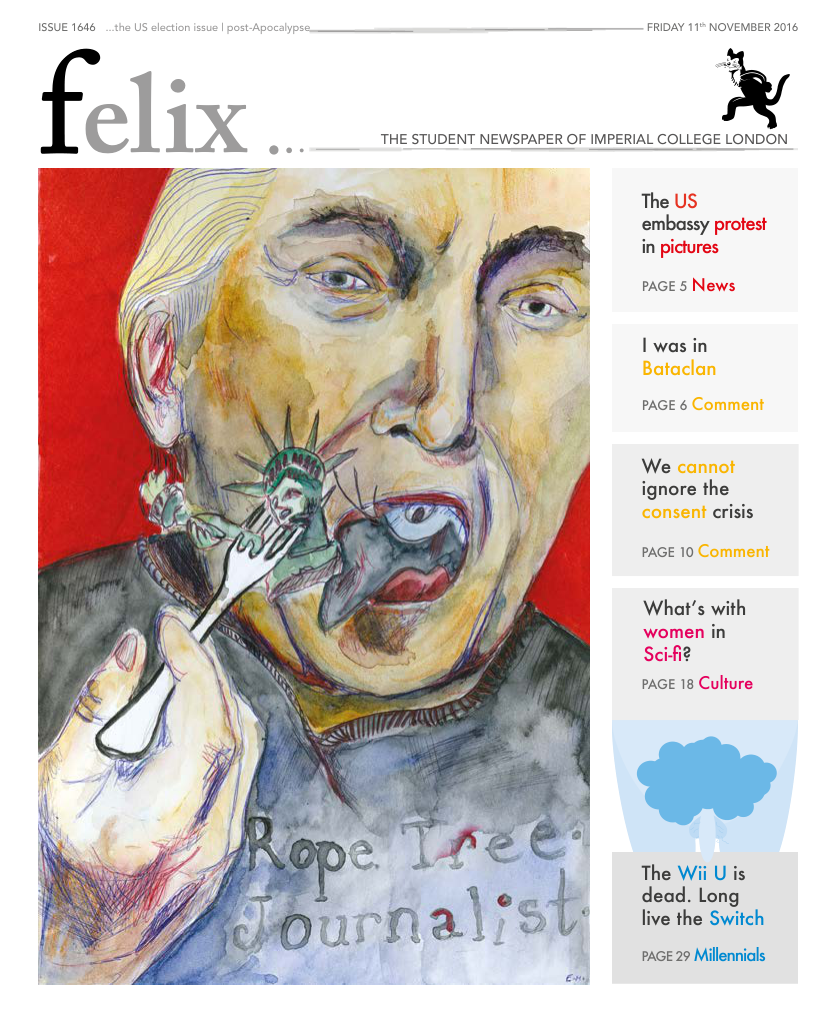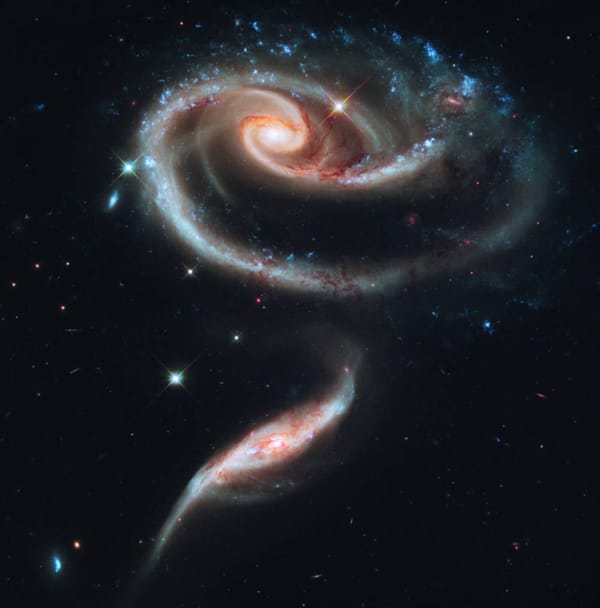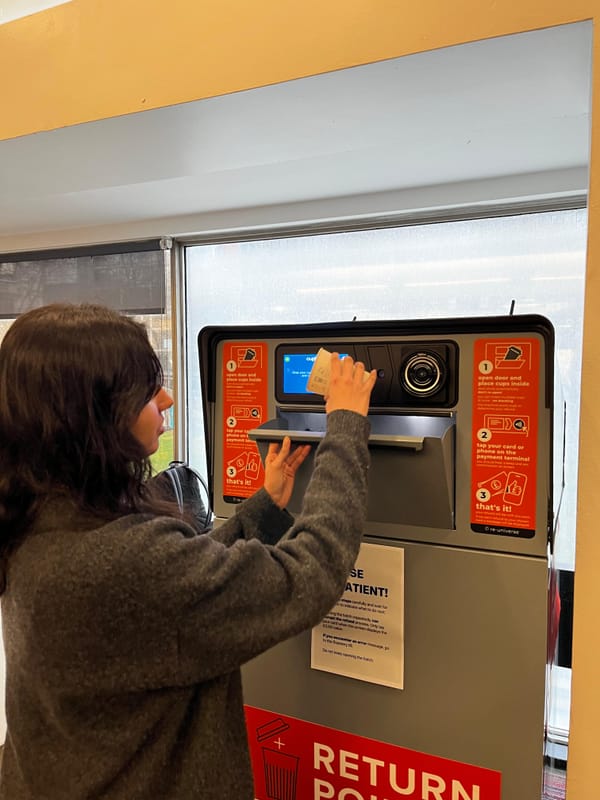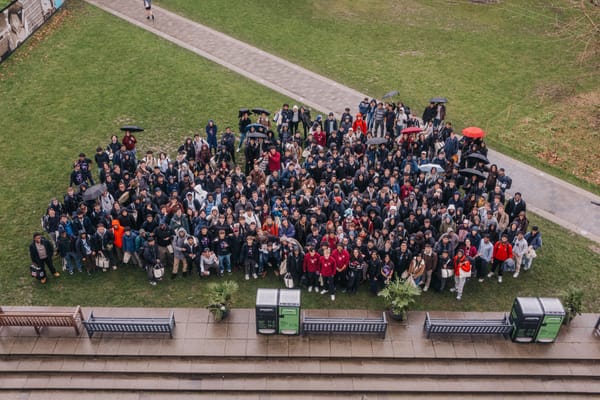The fate of American Science
What’s in store for the rest of the scientific world?
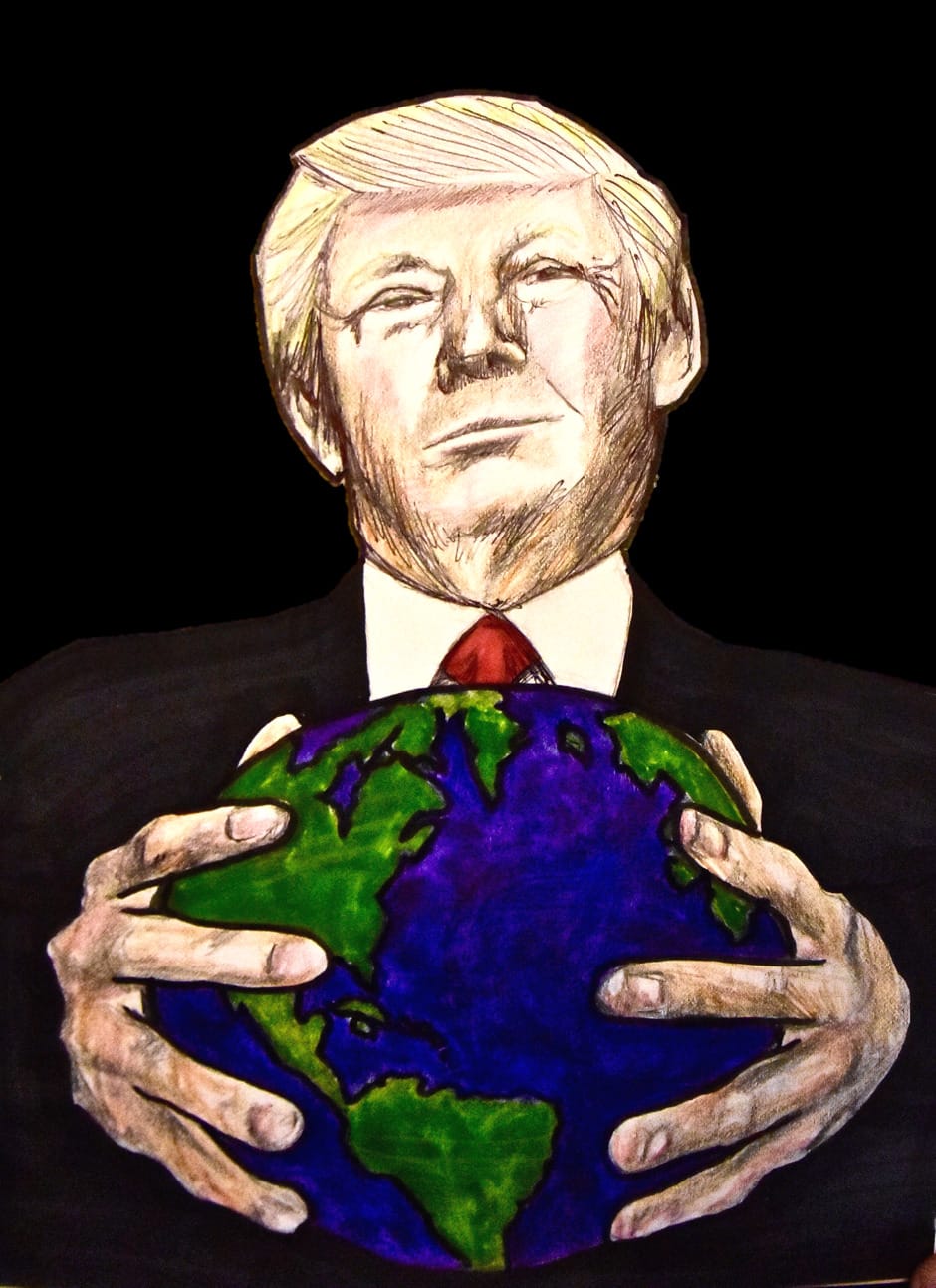
The 9th of November saw tears, despair and a whole lot of memes as the results of the 2016 presidential election rolled in. As I woke up to BBC alerts of Trump’s win on my phone, I found myself reliving that fateful Friday morning in June – closing my eyes, telling myself it was all a dream and everything would return to ‘the expected’ when I checked again. However, something is different. What Brexit would mean to science was, and still remains, quite uncertain, but Trump’s science policies are quite clear cut and, with Congress backing, likely to be implemented. Whether we’ll see a wall built with the Mexico border is still to be seen, but that we’ll live through incredible changes in American science policy is almost guaranteed.
Analyses of Trump’s proposed budget indicate catastrophic deficits, with the government left to figure out how to limit spending. Except for NASA, Trump has not identified any areas of scientific research worth supporting, and most of his answers about science spending focus on a need to make ‘hard choices’ to meet budget constraints.
Trump has also shown little to no respect for general scientific findings themselves. He has openly claimed that he believes in the link between vaccinations and autism and that global warming was “created by and for the Chinese in order to make US manufacturing non-competitive”. He has pledged to reverse Obama’s regulations for climate protection and withdraw from the Paris climate agreement, which became effective five days before the results with the promise of finally bringing forth change, as well as to get rid of the Environmental Protection Agency altogether. He also has claimed that he wants to scrape all federal spending on clean energy, including wind, solar, nuclear power and electric vehicles. Furthermore, his anti-immigration policies have obvious implications in terms of hindering efforts to recruit scientists and STEM students from abroad to US universities, a key for scientific prowess.
The optimist in me has in vain been searching for some silver lining in the results of this election but science policies are definitely not the answer. There is no way around denying that Trump will lead to a research effort focused purely on short-term economic interests rather than scientific endeavour itself, not to mention a disaster for the planet, environmentally speaking. Sad days for science it seems.

